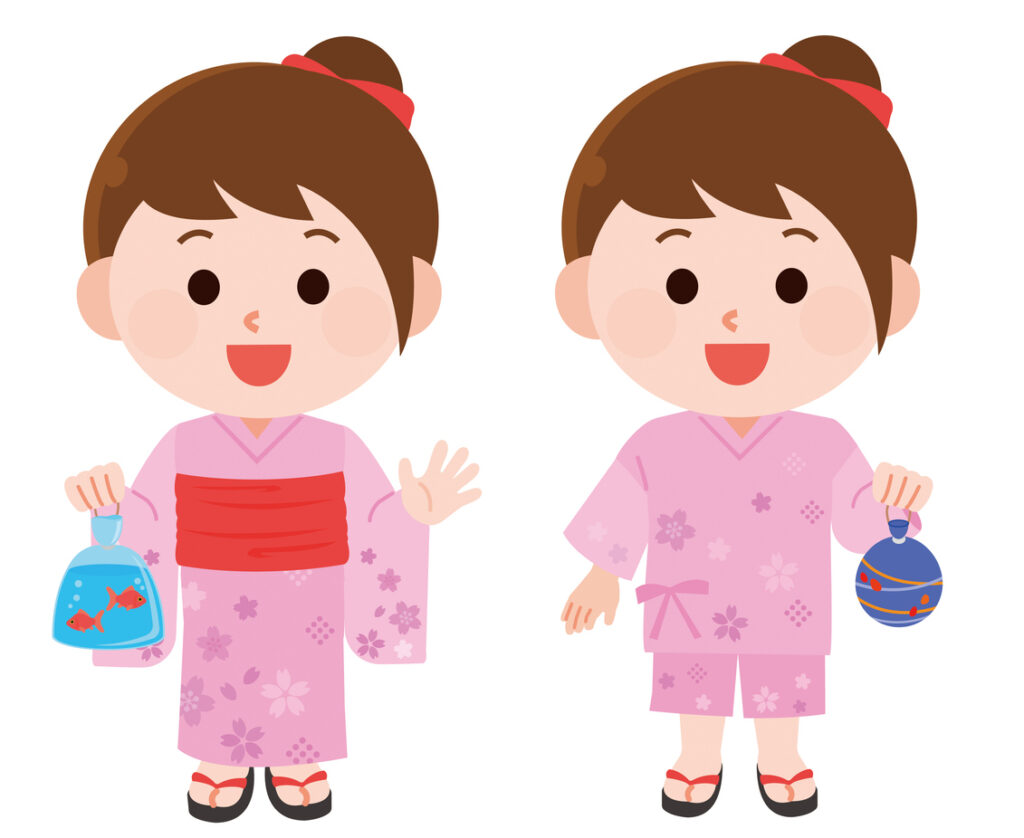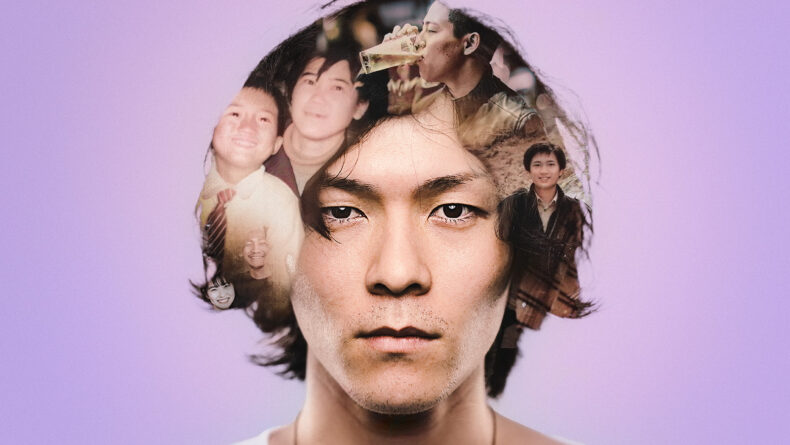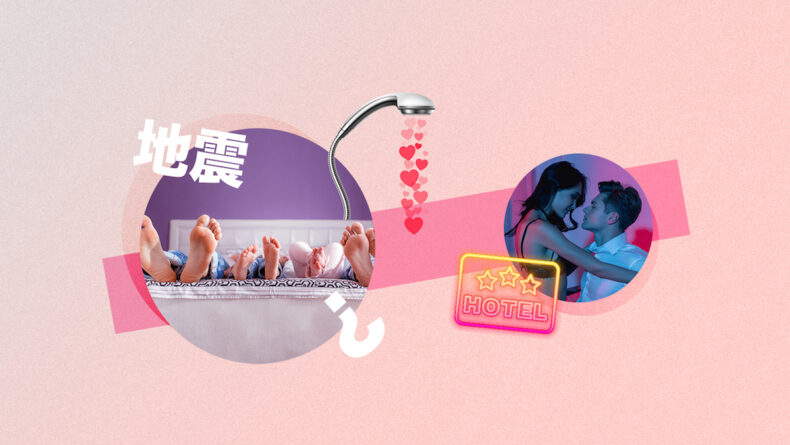Letters from Japan: “Not So Serious”
Ask Hilary: Questions From Readers Answered
Savvy Tokyo's resident "Love in Japan" columnist, Hilary Keyes, answers anonymous questions from readers on everything from dating in Japan to women’s health issues. Got a question you’d like to ask Hilary? Send it to askhilary@savvytokyo.com.
Dear Hilary,
I’m really into Japanese horror movies and old ghost stories. I’ve read a lot about it and discovered most of the stories through YouTube. I’ve also recently started following some channels that visit actual haunted locations too.
I know there are a lot of haunted places in Tokyo, but I’m not really sure where to start when it comes to visiting one. I don’t want to get arrested just for visiting a ghost spot. Any advice?
—Wannabe Ghost Hunter
Dear Wannabe Ghost Hunter,
Excellent question! Not wanting to get arrested is a good attitude to have when it comes to urban exploring in general.
In Japan, while there are plenty of ghost spots to visit, a great number of them are “by appointment only.” As in, the locations are still owned by an individual, company or ward office, and as such anyone visiting them without express permission (and keys to access the said site) is technically trespassing. If these properties are residential (and while abandoned some legally are), according to the Japanese Penal Code, anyone trespassing in another person’s residence can be punished with imprisonment of up to three years or a fine of up to ¥100,000.
anyone trespassing in another person’s residence can be punished with imprisonment of up to three years or a fine of up to ¥100,000
Most of the haunted locations popular on YouTube have large signs with the name of the security company or warnings about security cameras on them, as well as big fences and of course, the bright yellow “do not enter” tape. Those may also be patrolled (frequently or infrequently) so urban explorers without permission run the risk of getting caught and turned over to the police as well.
If you want to go to relatively safe and open to the public haunted locations, check out my article on visiting haunted spots in Tokyo. And if you’re interested in real ghost stories from other folks in Japan, check out my collection of stories and the shriekquel.
And, if you have a scary story of your own to share, email me at askhilary@savvytokyo.com with the subject “My Japanese Ghost Story.”
Hey Hilary!
I’ve got a silly argument I want solved. My Japanese boyfriend rolls his eyes and tells me off every time I put soy sauce or any kind of sauce on my rice. Like if I have katsudon and want extra sauce when I’ve got more rice than toppings left, he’s got a comment.
Meanwhile, he’s obsessed with Napolitan pasta—the more ketchup-y it is the better. He even adds extra ketchup if it’s not to his standards when I make it. I always tell him he should carry an extra bottle of it with him in case of the apocalypse. Which of us is committing the worst food crime?
—Food Criminals
Dear Food Criminals,
Health concerns about too much salt intake aside, I think you’re equally guilty in this case.
According to foodie friends, pouring soy sauce (or any thinner sauce in general) on rice makes it harder to pick up (unless you use a spoon over chopsticks). It also defeats the purpose of the rice, which is ostensibly to add a subtle flavor to whatever toppings are on it. More soy sauce means that the flavor boost rice is meant to offer doesn’t come through and it becomes messier to eat. “It’s just a salty mix of mush” (Japanese, 30s).
On the other hand, Napolitan pasta is meant to be a fairly dry pasta compared to one with a marinara or other thick tomato-based sauce. A “good” Napolitan (which is a divisive term as some people consider Napolitan pasta a crime in and of itself) shouldn’t be too heavily sauced so that the flavors of the green peppers and sausage/bacon can come through. Putting as much ketchup as you say your boyfriend does on it makes it sound more like he’s eating ketchup with a side of pasta ingredients. “It’s not food, it’s a travesty” (Italian-American, 30s.)
There’s only one way to solve who is the worst food criminal here: do either of you like pineapple on your pizza? Whoever likes it most is the guiltiest party.
Hello!
I’m just going to be honest: I’m obsessed with classic Japanese fashion; I have at least a dozen yukata I wear in the summer. My boyfriend finally agreed to wear “traditional clothes” to a festival with me, but he refuses to wear a men’s yukata. He wants to wear jinbei instead because it’s more comfortable.
I don’t disagree but I think it’d be a weird combination if I’m wearing a full yukata outfit and he’s essentially wearing matching shorts and a T-shirt. Should I force the issue or just dress for myself instead?
—Yukata Girl
Dear Yukata Girl,
I’d like to first confirm what you mean by “full yukata outfit”—are we talking about something that would be more common in a magazine, like elaborate hair, make-up, all the accessories done as well, or a more casual, festival-goers approach? If it’s the former then I can understand why you’d be less than pleased with a jinbei on your date. If it’s the latter, then I don’t think this is the hill you want to die on.
As Japanese pop culture has often shown, some Japanese men are very into the idea of their girlfriend wearing a yukata but are less inclined to put in the effort themselves. A Japanese friend of mine told her J-boyfriend she wanted to go on a yukata date, he made the same “too much effort” argument, and, without a word to him, she got her own jinbei set. He expected her to be all yukata chic, instead she arrived in what she termed “fancy pajamas” and told him he made her see how wearing a yukata was just too much work. Suddenly he was far more willing to discuss yukata versus jinbei for their next festival date. It even turned into a summer tradition.
 © Photo by iStock: kokeda
© Photo by iStock: kokedaThere are three options here, four if you think this is something worth ending the relationship over. First, you can ignore what he wears and dress for yourself. You said you’d do this anyway so you might as well follow through. Second, you could try and compromise, telling him that if he wears a yukata once, the next time he doesn’t have to—and stick with whatever agreement you come to. Third, you could take my friend’s route and get your own jinbei to dress up however you see fit.
Whether you wear a yukata, jinbei, or even Western dress, enjoy your festival date!
















Leave a Reply